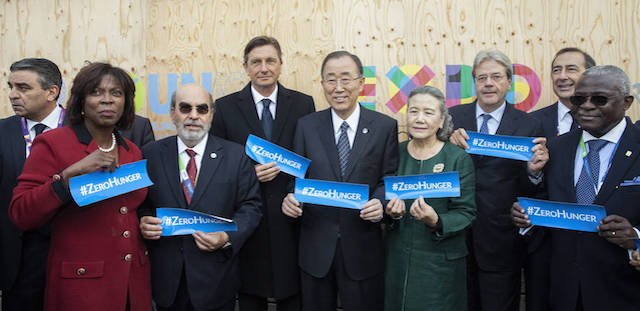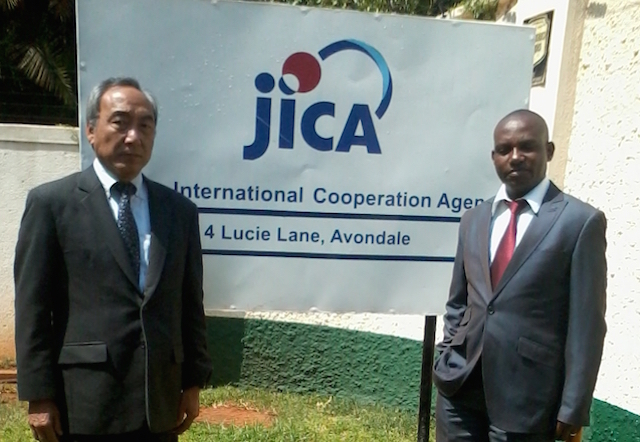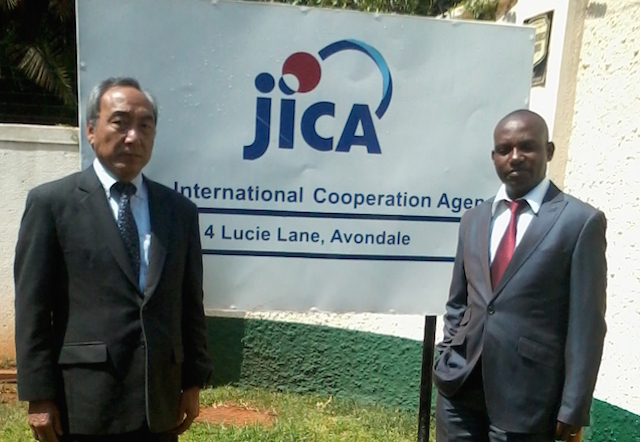By Ramesh Jaura | IDN-InDepthNews Report
BERLIN (IDN) – With a view to promoting entry-into-force of the nuclear test ban treaty, the European Union (EU) has decided to increase its support to the Preparatory Commission of the Comprehensive Nuclear-Test-Ban Treaty Organisation (CTBTO) by contributing an additional amount of 3 million euros (about 3.9 million dollars). This brings the bloc’s voluntary financial contributions since 2006 to a total of some 19 million euros (nearly 21.5 million dollars).







